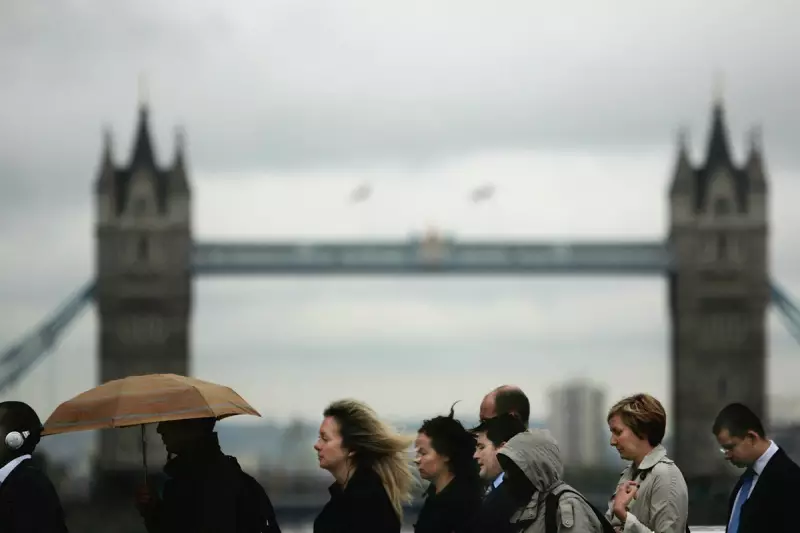
A startling financial divide has been exposed across Britain, with new analysis revealing that the wealthiest households are sitting on savings 53 times greater than the poorest families.
The Stark Reality of Britain's Savings Divide
According to research from the House of Commons Library, commissioned by the Liberal Democrats, the average savings per household in the richest fifth of Britain stands at a substantial £85,370. Meanwhile, the poorest fifth are managing with just £1,600 in reserves.
Regional Disparities Paint Troubling Picture
The research highlights significant geographical variations in financial resilience:
- London and South East: Households maintain the highest savings levels
- Northern Ireland and Wales: Residents face the most challenging savings situations
- National average: UK households hold approximately £22,800 in savings and investments
Political Response and Growing Concerns
Liberal Democrat Treasury spokesperson Sarah Olney didn't mince words, stating: "These figures reveal the shocking scale of inequality in our country. While Rishi Sunak's Conservative government protects the wealthy, millions of families are left with virtually no financial safety net."
Olney emphasized the real-world impact: "So many people have seen their savings evaporate after years of economic turmoil under the Conservatives. Families have been left struggling to pay their mortgages and put food on the table."
The Economic Context Behind the Numbers
The findings emerge against a backdrop of persistent economic challenges:
- Ongoing cost of living pressures
- Rising interest rates affecting mortgage payments
- Inflationary pressures on household budgets
- Economic uncertainty impacting financial planning
What This Means for Britain's Financial Future
This savings gap represents more than just numbers—it highlights a fundamental divide in financial security and resilience. With such disparities, economic shocks could affect households very differently, potentially widening existing inequalities further.
The research serves as a stark reminder of the work needed to ensure all Britons can build adequate financial buffers for uncertain times ahead.





